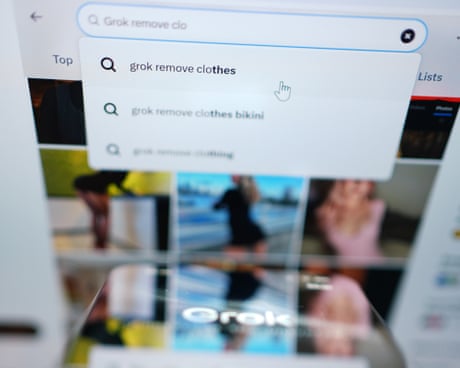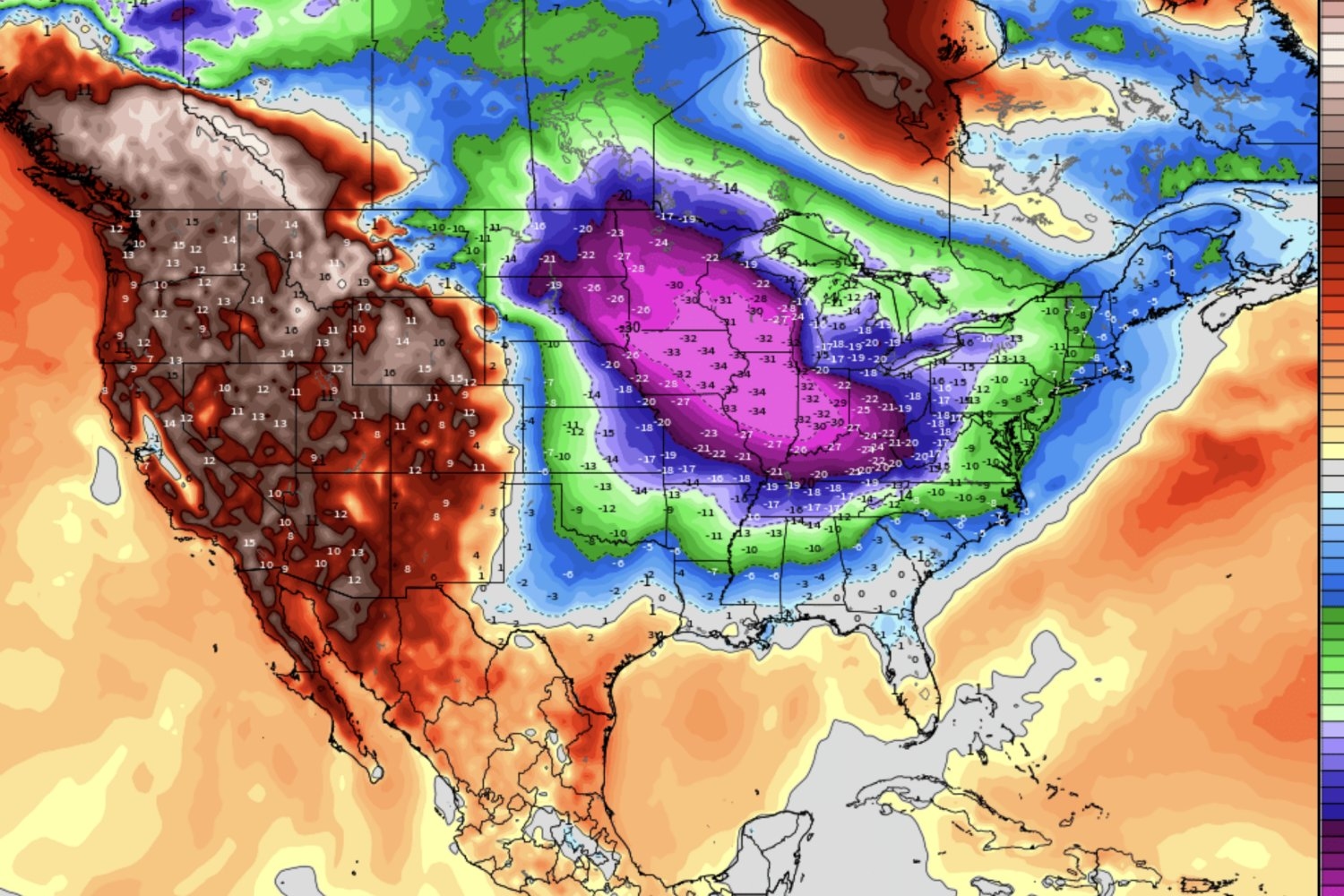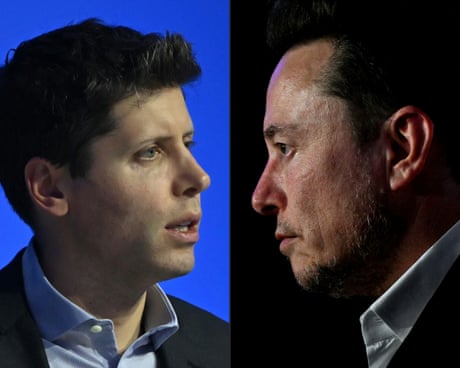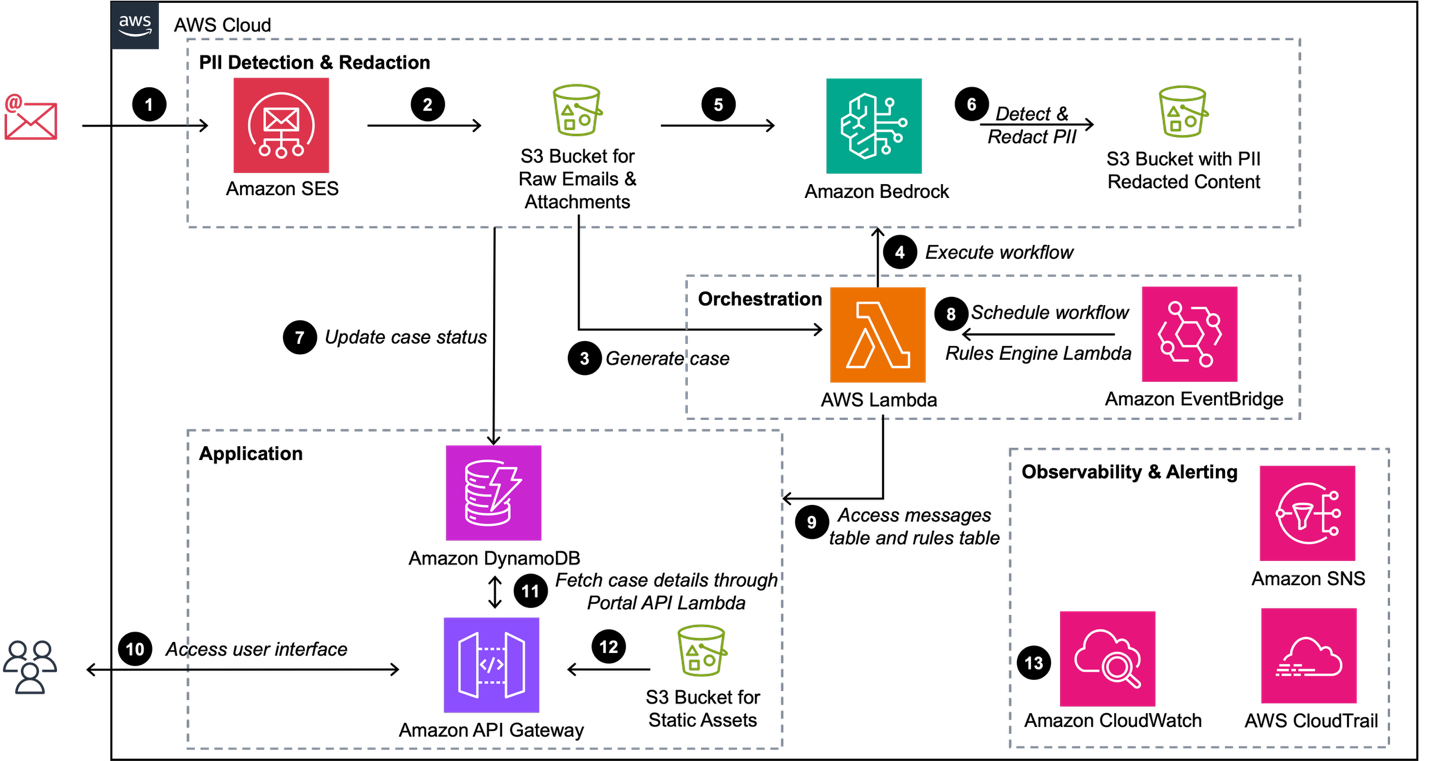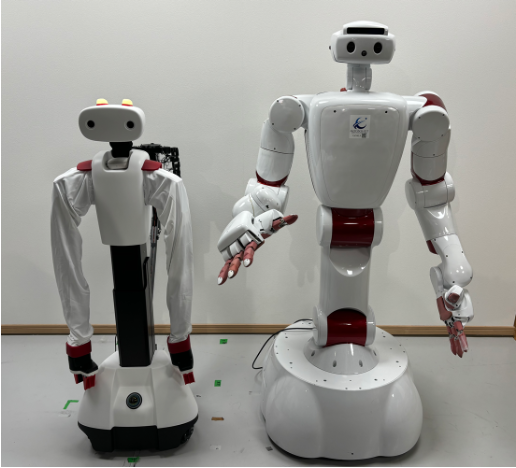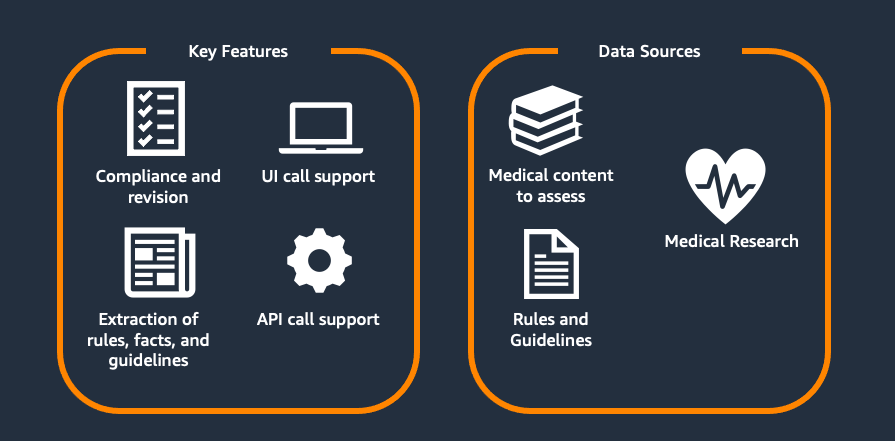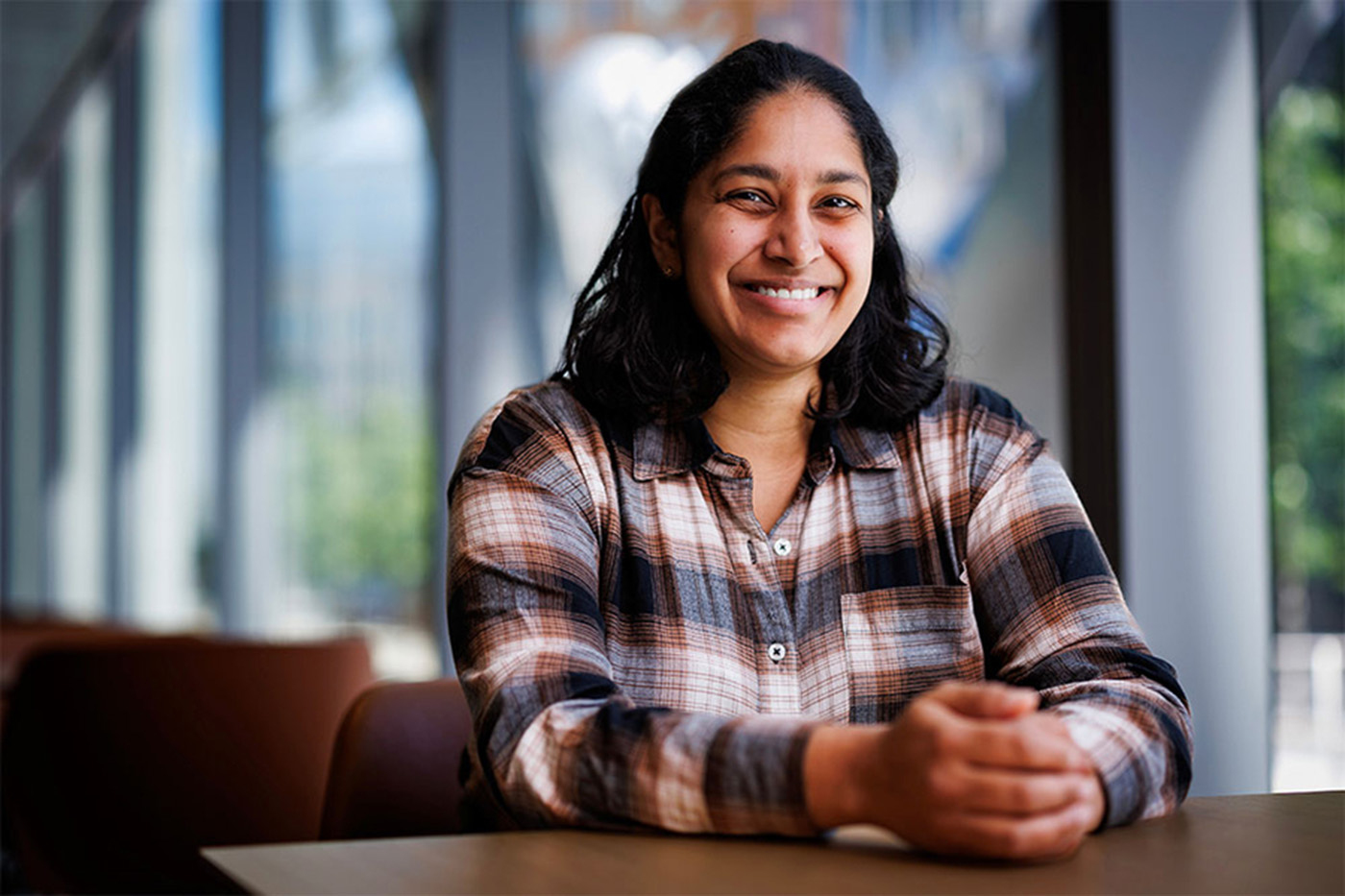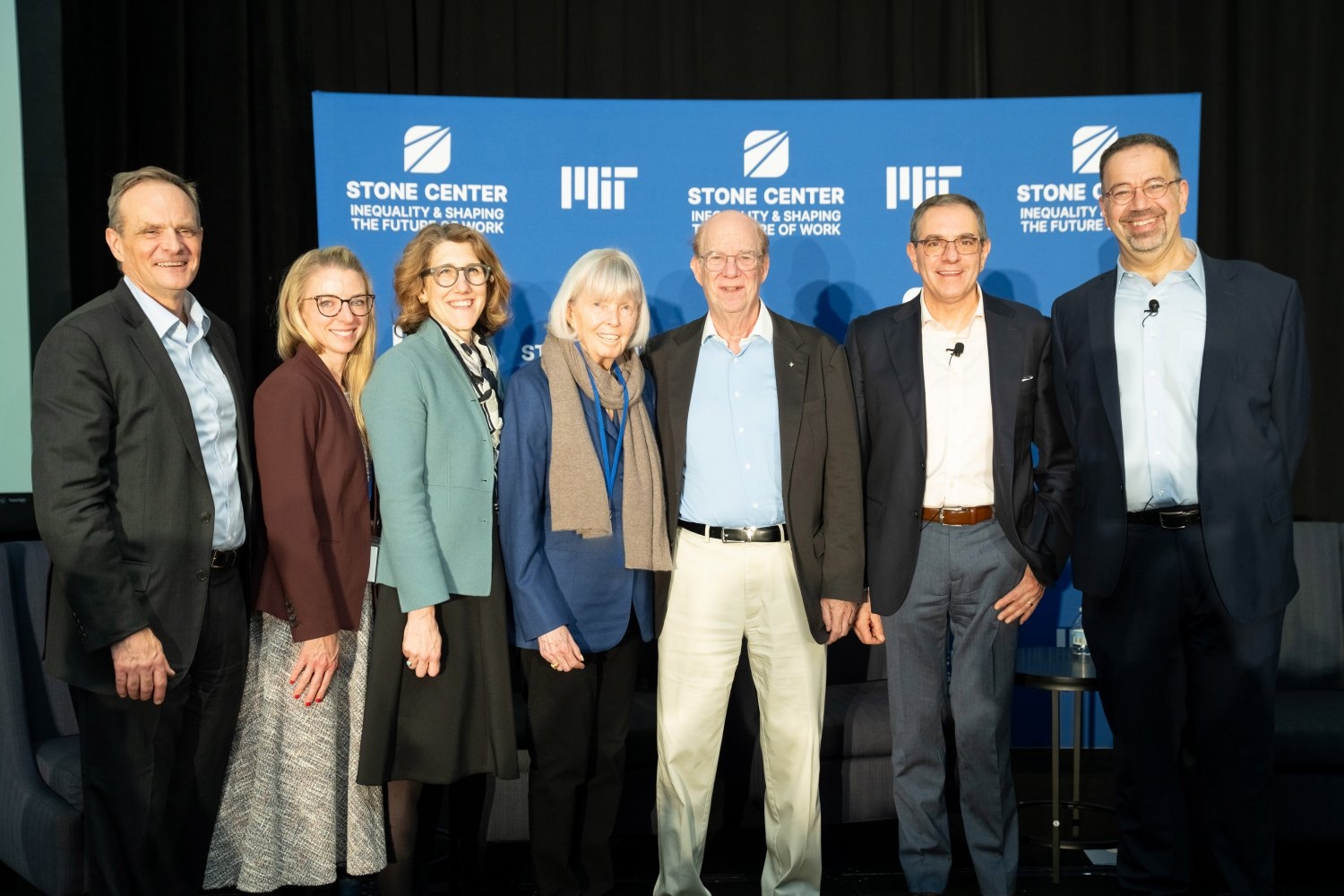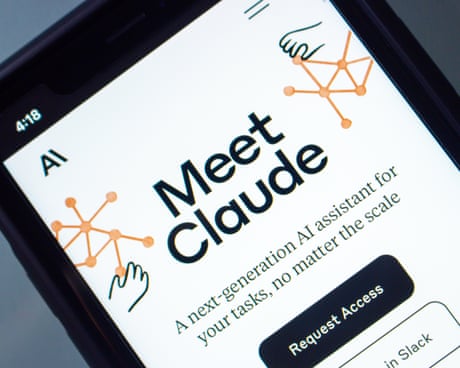Article explores kernel ridge regression in JavaScript, showcasing model training and accuracy with Cholesky matrix inverse. Demo program highlights RBF kernel function and two main training techniques: matrix inverse and stochastic gradient descent.
An AI agent at Lawrence Berkeley National Lab's ALS accelerator uses NVIDIA GPU to support high-stakes physics experiments autonomously or with human input. The Accelerator Assistant cuts setup time by 100x, demonstrating potential for large language model-driven systems in complex scientific infrastructures.
Images of partially nude women created by Grok AI on social media platform X spark debate on AI regulation. Uncertainty in the UK regarding legality and need for additional measures to address the issue.
Research scientist Judah Cohen at MIT uses AI tools to predict winter weather patterns based on Arctic conditions, like Siberian snow cover and polar vortex stability. His team's success in the 2025 AI WeatherQuest competition signals a breakthrough in subseasonal forecasting, filling a crucial gap in long-range weather prediction.
Elon Musk's lawsuit against OpenAI set for trial as judge finds evidence of leaders violating nonprofit mission by shifting to for-profit model. Sam Altman, chief executive of ChatGPT developer, also named in the case.
Automated PII detection and redaction solution by Amazon Bedrock ensures consistent protection of sensitive data in emails and attachments. The system offers secure data management workflows and a user-friendly interface for efficient communication management.
Google and Character.AI settle lawsuits over AI chatbots harming minors, including case of Sewell Setzer III's suicide in 2024. Lawsuits filed in multiple states await finalization and court approval.
Moonshot program aims to integrate AI-powered robots into Japanese daily life by 2050, with NVIDIA technology driving progress in senior care capabilities. Research projects focus on developing robots for tasks like cooking, cleaning, and hygiene care, with NVIDIA GPUs and Jetson modules powering AI processing for efficient training and development.
Flo Health partners with AWS to develop MACROS, an AI-powered solution for verifying and updating medical content at scale. This innovative approach ensures accuracy, efficiency, and quality in providing medically credible information to millions of users worldwide.
AI tools can reduce energy consumption and clean grids. MIT's Priya Donti uses AI to optimize power grids for efficiency and renewable energy integration.
AI has revolutionized retail and CPG operations, boosting customer personalization and demand forecasting. NVIDIA's survey shows 91% of companies actively using or assessing AI, with 89% reporting revenue increase.
The James M. and Cathleen D. Stone Center on Inequality and Shaping the Future of Work launched at MIT, focusing on wealth inequality and pro-worker AI. Experts discuss how private business, public policy, and liberalism impact economic opportunity and democracy.
Former OpenAI staff-founded startup, Anthropic, aims to double revenue and raise $10bn, valuing Claude chatbot maker at $350bn. GIC and Coatue Management to lead financing in potential game-changing deal.
Silicon Valley's embrace of anthropomorphised tech boosts stocks, but raises ethical concerns. Anthropic's AI model avoids 'distressing' conversations, sparking debate on granting legal rights to future AI beings.
X's AI chatbot Grok has been used to undress women and minors, sparking concerns about exploitation online. Tech companies are grappling with how to prevent harm while enabling users to create with generative AI.



